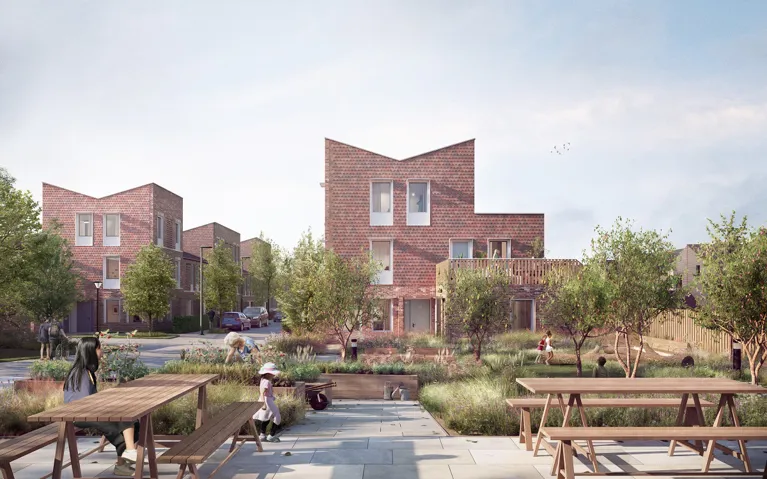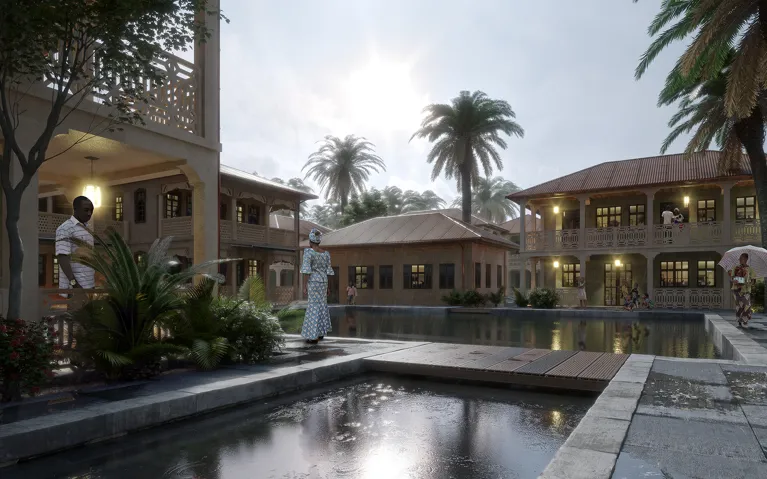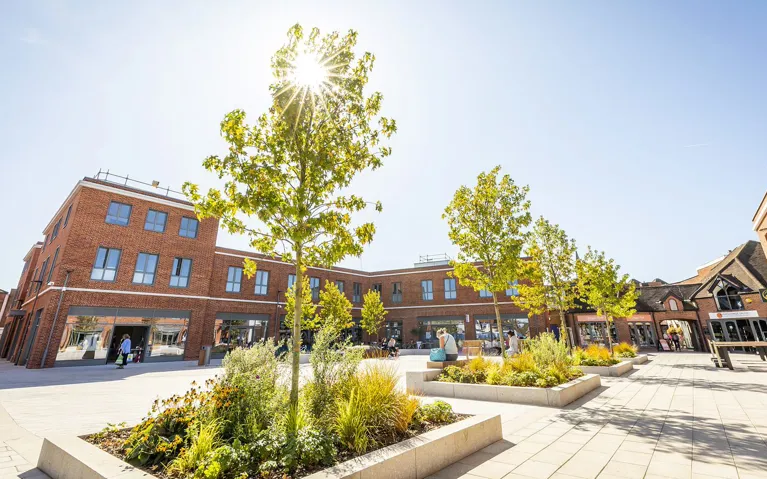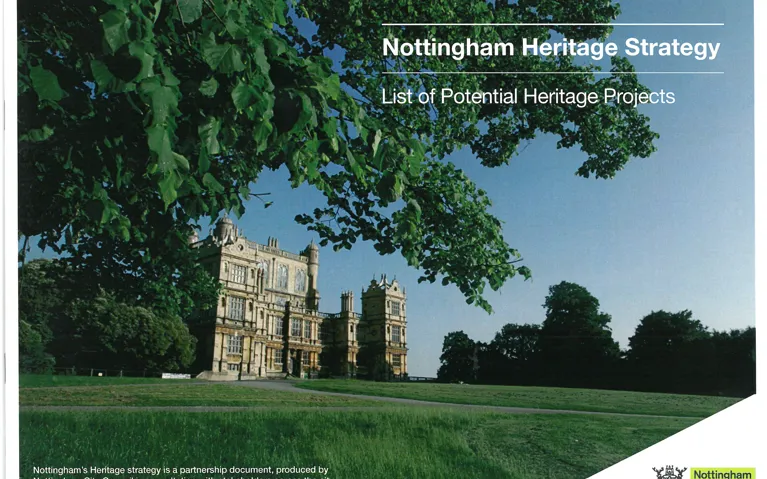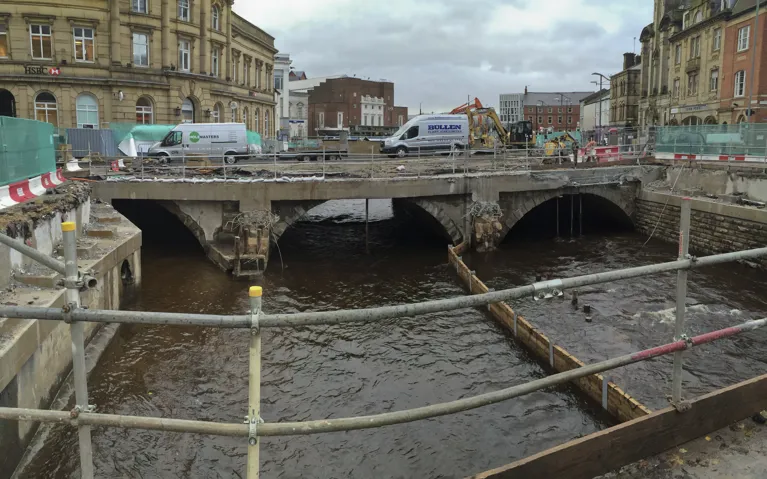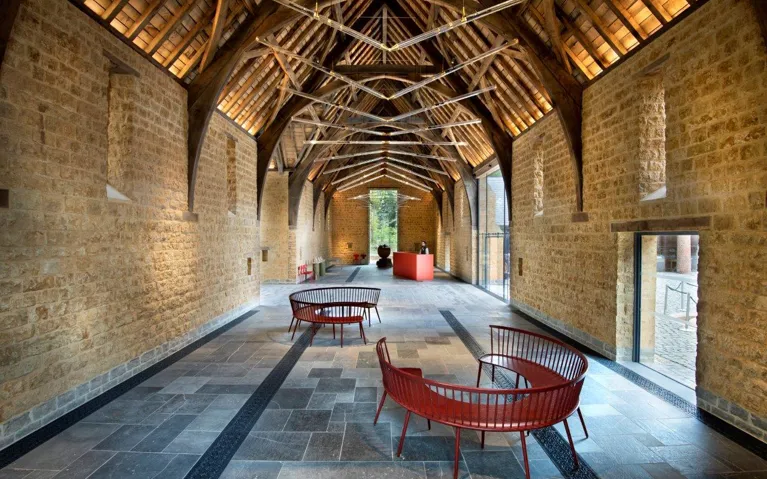A community self build project
The Nelson
-
Awarded2018
-
CategoryMaking towns work for everyone
-
OutcomeWinner



Proof of concept
Community self-build project
This award was given for a community self-build project, on a former derelict site in Stonehouse, Plymouth, that engaged service veterans to build their own homes as part of a wider scheme to help others in need of housing.
The scheme has delivered 24 high quality single bedroom affordable apartments, including 12 self-build units for ex-service personnel, six units for people with learning disabilities and six general needs affordable homes.
- All of the 12 veterans that worked on the project now live in the homes they built.
- The project used local businesses to supply machinery tools and materials investing in the local economy.
- All veterans have achieved new construction qualifications and skills, which has helped many to re-engage with their families and find a path back to employment.
Key facts




Shifting perceptions of the area
How/why did the project benefit the public?
Plymouth is known as a ‘service city’ because of its long-standing association with the armed forces. This build was significant in that it was meeting the needs of often forgotten members of society and helping them readjust to civilian life after their discharge from the military.
The project provided homes and security, not only for service veterans, but also six apartments for people with mild learning difficulties and six for people from the city council waiting list.
The project has also delivered the regeneration of a brownfield site. The existing building was vacant and having a negative impact upon the community, bringing anti-social behaviour into the neighbourhood. The new building positively contributes to the character of the area.
The economic benefits of the scheme are impactful. The total scheme cost of £2.6 million created approximately 50 direct and indirect full time equivalent jobs generating £0.7m indirectly via supply chains and wage spending.
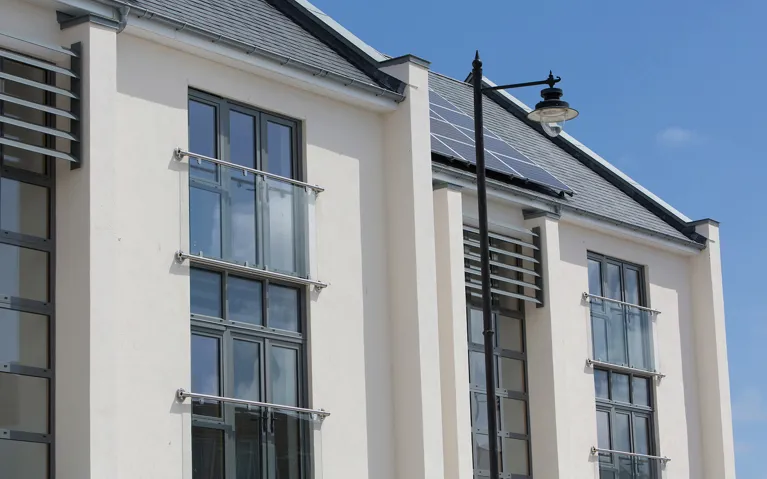
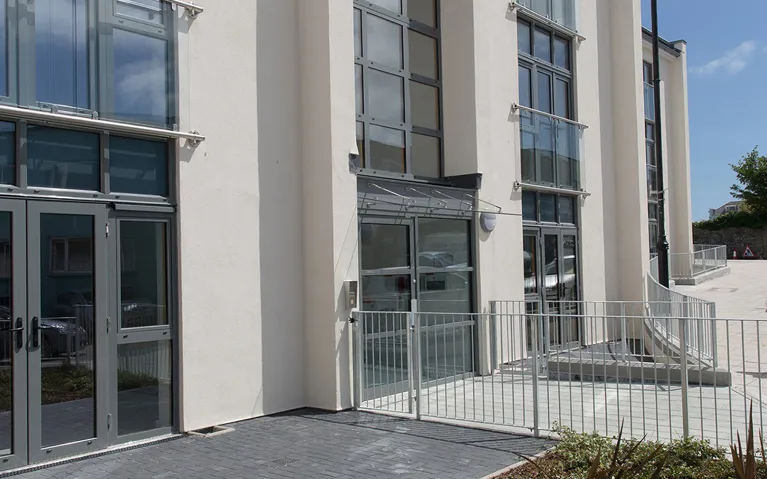

What were local planners looking to achieve on the project?
- To transform the lives of returning service veterans.
- To give veterans the opportunity to rehabilitate and reintegrate into society.
- To promote wellbeing amongst residents by creating a quality environment through design solutions, including communal gardens and lots of natural daylight.
- To provide one-to-one training throughout the build.
- To improve the affordability and quality of homes in the neighbourhood.

Justifying the need
How were local planners essential to the project's success
During the course of the planning application, some unexpected site issues arose, including the location of underground services. It was the rapid response from planners that ensured that costly relocations and diversion were avoided.
Another key challenge of the project was the transfer of the land ownership. Whilst this was a non-planning issue, it impacted upon the planning process as the application could not progress until these issues were resolved.
The planner worked in partnership with the project architect to resolve the issues which helped the delivery of the project meet its required deadlines.
Related case studies



